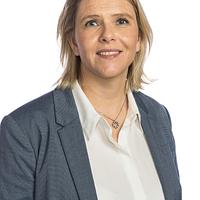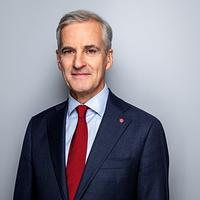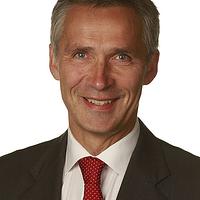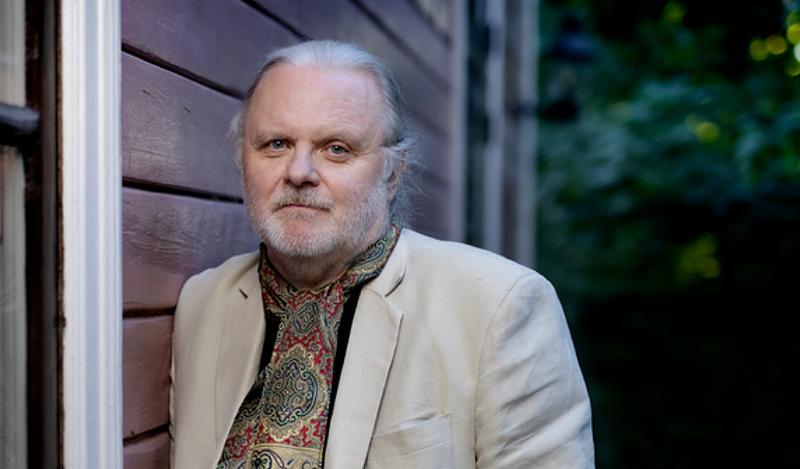
10.000 skandinaviske taler er nå online
Talene som formet Skandinavia
Fra Folkhemstalet til #MeToo: De store talene som har formet Skandinavia er nå samlet i én digital plattform. Med relanseringen av Virksommeord.no, har Sverige, Danmark og Norge hver sin database over offentlige taler. Som en del av prosjektet «Norden og verden» har de skandinaviske landene siden 2023 arbeidet med å bygge opp en samling av viktige historiske og aktuelle taler. Nå er vi live!
dansketaler.dk
svenskatal.se
virksommeord.no
Det nye Virksomme ord
Talebanken er nå oppdatert med enda mer innhold for alle taleinteresserte. Her finner du et rikholdig utvalg av norske taler, utdrag og tekster fra boken Virksomme ord, undervisningsmateriell fra prosjektet Ta ordet, og informasjon om Årets tale – en kåring i regi av Ta ordet! God fornøyelse.
Siste nyheter

Har du holdt en tale?
Eller har du tilgang til en tale, et manuskript, et bilde eller har andre opplysninger som kan kaste lys over Norges taletradisjon? Vi ønsker å samle inn og bevare mest mulig av vår felles talearv - og da trenger vi din hjelp.
Send oss gjerne
- Manuskripter eller lydopptak av taler
- Bilder av talere (også av deg selv, hvis du har en tale her)
- Opplysninger, lenker eller materiale som kan gjøre databasen mer komplett


















